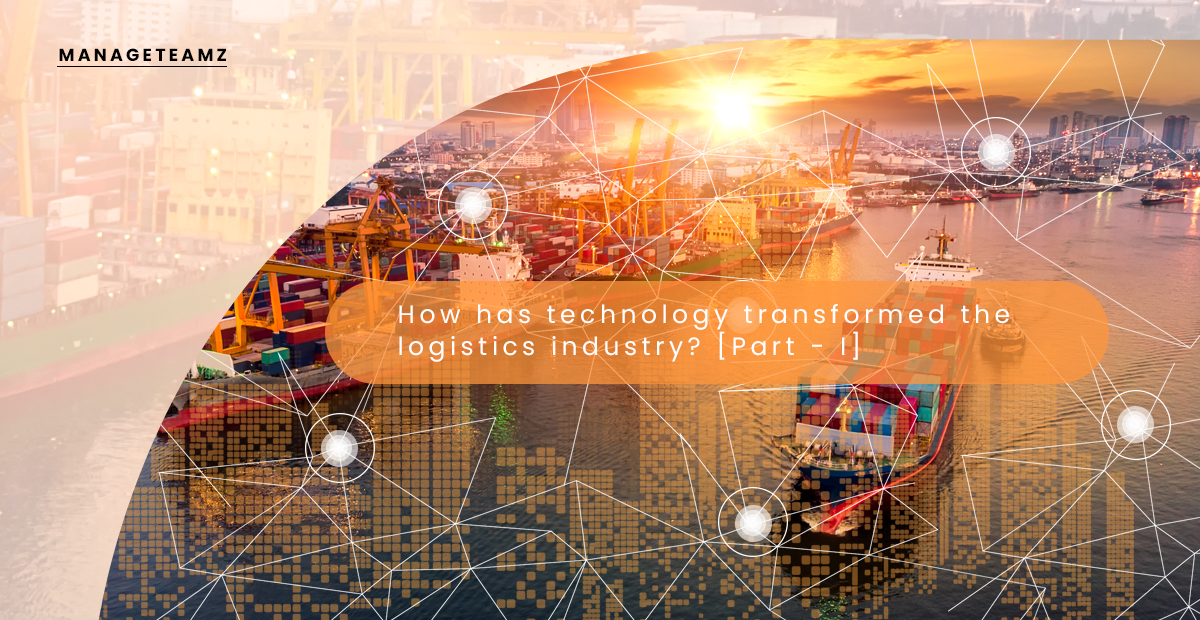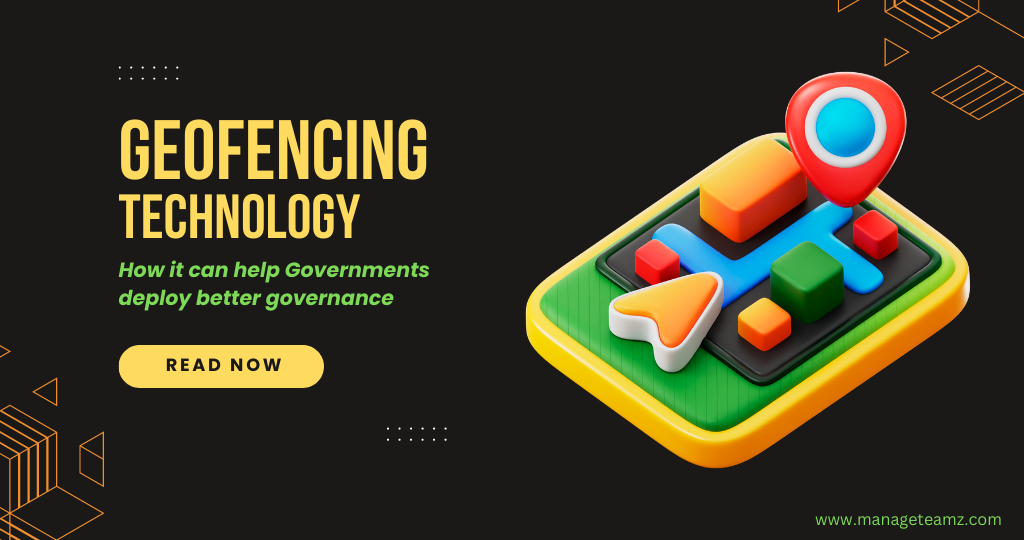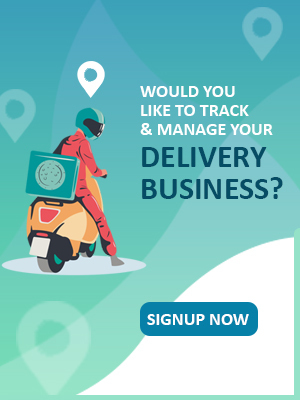With millions of employees and a market size that’s expected to reach $12 trillion in the next few years, the logistics sector has come a long way since industrialization. The drastic change in the transportation industry has set the grounds for the revolution in the logistics industry, which we are witnessing now. However, the next immediate factor that’s responsible for this humongous market size of the industry is digitalization. The emergence of the last mile delivery and the development of e-commerce platforms has further boosted the market. In such a volatile space, logistics management software can help you simplify your business operations, allowing the companies to put the pedal to the metal.
Tech disruption in the logistics industry has certainly made the market vigorous and opened up a lot of opportunities for the businesses in that sector. Being a crucial part of the supply chain management, logistics control the flow of goods and services- both to and fro. Despite playing an important role in supply chain management, many businesses take their logistics operations lightly. On top of this, the global logistics sector is partly unorganized as it can’t account for the number of workers participating in the operations. But, the ongoing digitalization of the industry is gradually changing these stats as we speak.
Big data and the logistics industry
Companies across industries are obsessed with Big data, and there is a reason for that- it keeps your business future-ready! Being future-ready/future-proof is a determining factor for a brand to survive in the present business climate. The customer-centric market is pushing businesses to solve the customer’s problems of tomorrow today!
With such odds stacked against the business, big data in the logistics industry can be really helpful for the business, not just for the ones in the logistics sector. Through effective digital transformation strategies, businesses can actually quantify the impact they are creating in the marketplace. For example, 100% insight into the movement and reverse movement of goods and services of a company can help us understand the overall productivity and key performing areas of the company without even trying!
Related blog: Big Data Revolution In Logistics And Supply Chain Industry
On the other hand, predictive analytics can be used to understand the supply and demand chain even better. We are about to face one of the major energy crises of the 21st century. The first step in avoiding such a futile outcome is by understanding the overall movement of renewable resources in our existing chain. And big data analytics is one of the most practical ways to monitor such crucial events and the movement of resources.
Besides, big data analytics in the logistics sector can help increase revenue and operational efficiency and improve the overall standard of customer experience.
Put that on autopilot!
Not too long ago, self-driving vehicles were considered ridiculously futuristic, and people considered them to be highly sci-fi! Well, they are highly sci-fi, but the access to such self-driving vehicles now is very high. Tesla, for example, is known for its series of cars that have an advanced autopilot mode. Putting the logistics industry on “auto-pilot” can help the industry to save tons of costs. The global logistics industry costs pile upto nearly $9.1 trillion, and automating the industry can significantly reduce this number.
However, automating the industry is not an easy thing, but still doable. The system would need a lot of data to process, and logistics management software can simply interpret this data and help with the movement of the cargo. Besides cargo, this could also change the whole demography of the last-mile delivery operations!
The covid pandemic had a massive impact on the logistics industry, and automating the industry would have solved most of the problems, if not all. Drones and autonomous vehicles are used to deliver products from the warehouses to the delivery locations. This not only allows the businesses to bypass the covid regulations but also goes light on the environment as most of the autonomous vehicles are electric. Domino’s, for instance, has fiddled with the concept, and Amazon is pooling its resources to make the autonomous drones a part of their logistics freight!
Logistics and delivery management software/application
This is probably the most obvious on the list, but the impact that logistics management software brings to the table cannot be taken lightly. Most of the world is digitalized, so people have easier access to mobile applications than anything else. Also, any revolutionary technology that’s waiting to enter the market has a great chance of being successful when it comes in the form of a mobile or web application. Again, the market is highly customer-centric, and they don’t wanna handle complex channels to leverage a piece of technology.
If you think about it, a logistics management application is more practical than most solutions. The very nature of the application is that it can be upgraded, new pieces of technologies can be added, and existing methodologies can be upgraded if needed. For example, ManageTeamz- a popular logistics management software in the market, has recently optimized its route optimization feature to help businesses and their delivery executives find the most optimal route between two locations.
The app is also built in such a way that it can be customized according to the various business demands of a business. Also, advanced GPS tracking, auto allocation of orders, data storage in the backend server, and a centralized network that makes the access to information a lot easier, all these make ManageTeamz a powerhouse of application and can streamline a business’ logistics operations without even trying too hard!
Conclusion
Infusing technology and the logistics sector can change the way businesses operate in a global space. One of the main advantages that technology brings to the table is accountability. It helps a business to measure a particular event and convert that into numbers, allowing them to improve their standards. With the goal of simplifying such a complex industry, technology can definitely change the way we perceive development, resources, and sustainability!
Like what you’re reading?
Get on a free consultative call with our team of industry experts to explore the possibilities on the subject.







